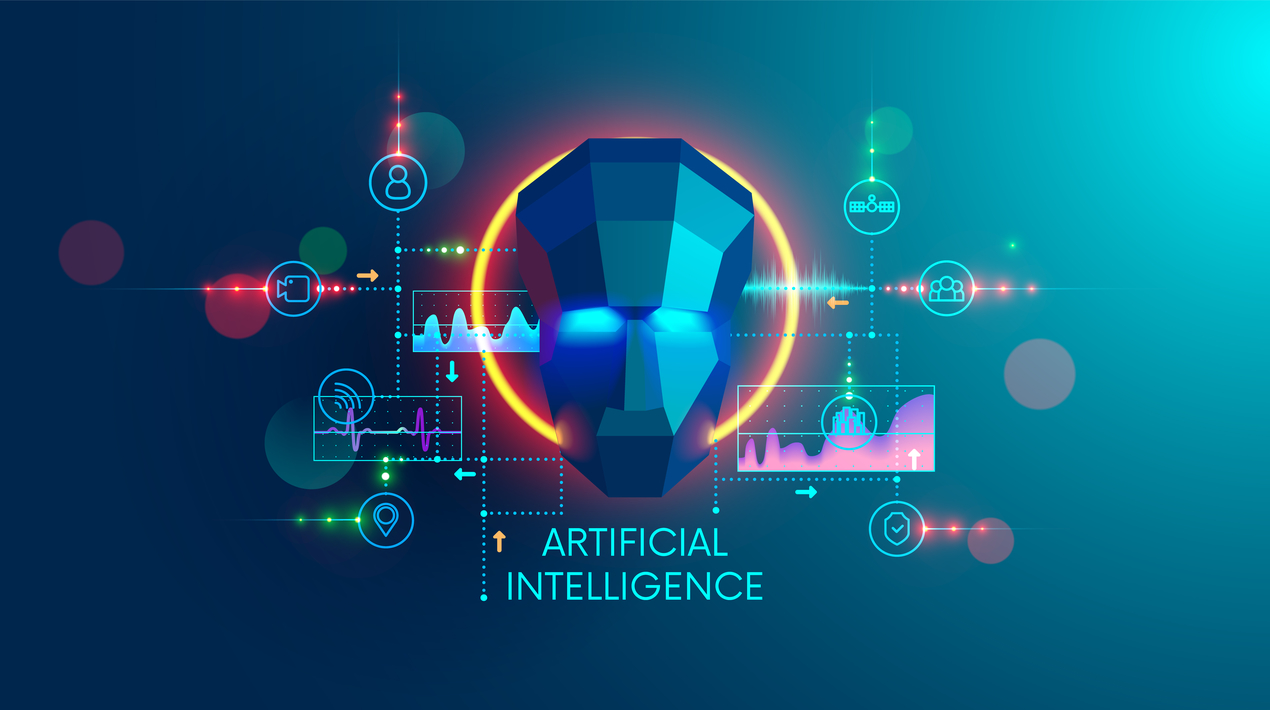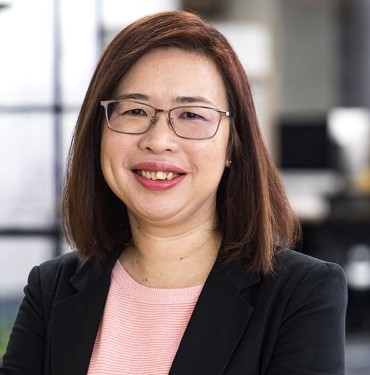
Artificial intelligence is excelling rapidly at a plethora of human tasks and it is improving quickly. There is raising concerns that AI will ultimately replace human workers throughout the economy. Of course, this is not the inevitable nor even the most likely outcome. While AI will radically alter how work gets done and who does it, the technology’s larger impact will be on complementing and augmenting human capabilities, not replacing them. Never have digital tools been so responsive to us, nor we to our tools.
Certainly, many companies have used AI to automate processes, but those that deployed it to displace employees will only see short-term productivity gains. Organisations must learn how to incorporate both AI and people in their processes. Through such collaborative intelligence, humans and AI actively enhance each other’s complementary strengths: leadership, teamwork, creativity, and social skills of the former and speed, scalability, and quantitative capabilities of the latter. What comes naturally to people can be tricky for machines and what is straightforward for machines remains virtually impossible for humans. Business requires both kinds of capabilities.
 OpenGov Asia had the opportunity to speak exclusively with Siow Yen Tay, Head, NEXT Solutions, NCS to explore ways that they have welcomed and incorporated AI into their processes and platforms which improved clients’ experiences and optimised costs.
OpenGov Asia had the opportunity to speak exclusively with Siow Yen Tay, Head, NEXT Solutions, NCS to explore ways that they have welcomed and incorporated AI into their processes and platforms which improved clients’ experiences and optimised costs.
NCS is a leading technology consulting and professional services firm with a presence across the Asia Pacific region. They deliver end-to-end ICT and digital solutions to help governments and enterprises realise business value through digital transformation and the innovative use of technology.
Siow Yen Tay leads the NEXT Solutions in NCS. In her current role, Siow Yen’s focus is to grow NCS NEXT Solutions business, identify market trends, emerging technologies, and technology disruptions to implement go-to-market strategies and action plans globally. Her experience in the ICT industry spans almost three decades. Throughout her career, she has taken on leadership roles to drive NCS’ business expansion globally, providing strategies, solutions, and approaches to addressing clients’ evolving business needs.
When talking about her experience with AI, Siow Yen said, “the AI journey within NCS started some time ago, with more focus on Automation initially. It was more on addressing how could I reduce mundane work and then it slowly progressed to how can I assist and address the issues of people not knowing what they need to do – help with efficiency, productivity and compliance.”
AI makes it possible for machines to learn from experience, adjust to new inputs and perform human-like tasks. Especially today, in the new normal brought upon by the COVID-19 pandemic, where organisations conduct their operations remotely and have limited resources, machine learning and automation proved to be more vital in addressing the mundane work and improve productivity.
Most AI examples rely heavily on deep learning and natural language processing. Using these technologies, computers were trained to carry out specific tasks by processing large amounts of data and recognising patterns in the data.
At NCS, AI is used internally to address the cost to serve and implementing bots – that is particularly useful to finance and procurement space. Their core growth model is focused on reinventing the way they serve public sector clients, expediting the work they do with commercial clients to help them become future-ready and expanding outside of Singapore, to bring their expertise to more clients.
AI is already very much present in various sectors like in retail, with purchases being made based on client’s behaviour derived from data analytics. Also, in telcos, with their offerings and packages that is based on clients’ usage and data, as well as new working setups within organisations and industries. All in all, AI is seeping more into day-to-day life.
Siow Yen says that part of her role is to help clients leverage artificial intelligence. AI and data integration instils a new culture in both decision-makers and their employees. AI helps with manpower crunch, improves customer service, handles anomalies, as well as achieving incredible accuracy.
Moreover, Siow Yen said, “Data is power! AI and analytics are based on the data that was collated.” AI gets the most out of data. By using AI, we derive answers which can be found in the data. Data’s role is now more important than ever before and can create a competitive advantage. If one has the best data in a competitive industry, the best quality data will win.
AI is the future, Siow Yen concedes, but its limits must be clearly understood. The main constraint is that it learns from the data and the quality of the data is based on human input. This means that any inaccuracies in the data will be reflected in the results. AI systems are trained to do a clearly defined task and they do not think outside the box or outside of what they have been instructed to do. It lacks emotional and personal connection. After collecting the data, systems will use it as intelligence for insights to improve operations.
Many organisations believe that democratising data and expanding the knowledge of people who will use that information is the way that businesses should be going for. Developing meaningful business actions from democratised data is critical in making more efficient programmes and procedures. The easier and faster people can access the data they need for AI and Automation purposes, the better for organisations in the long run.
For Siow Yen, the biggest challenge in AI adoption is trust. No one wants to share data as there are concerns of responsibility, liability, trust, and fear of misuse. To many business leaders, AI appears to conduct checks on the quality of the organisation’s data and many managers do not like the idea of their data being scrutinised or being questioned on how and why the data has been collected or processed in a certain way. It is easy to see the role that culture plays in AI adoption.
AI has proven to be a real challenge to organisations that are used to doing things in a certain way. It is widely recognised that cultural issues are an obstacle to technology adoption in many organisations or in scenarios where people are required to do things differently.
AI requires constant monitoring and teaching. Just like raising kids in a family. The machine will learn through time before performing its duty to complete its’ tasks efficiently. People will eventually have assistance with almost every transaction they make.
But on the flip side, there is a fear of loss of creativity in the human aspect. Siow Yen reiterated the caveat that “humans should train the brain and not the blunt tool – and not allow AI to do the thinking for them but instead assist these machines in the future of our daily lives”.
All things considered, Siow Yen Tay is strongly convinced that AI is the future, and if people do not jump on the tech wagon, they will be left behind.
Read more: EXCLUSIVE! Howie Sim, NCS shares on AI’s role in easing healthcare and transport in a pandemic
















